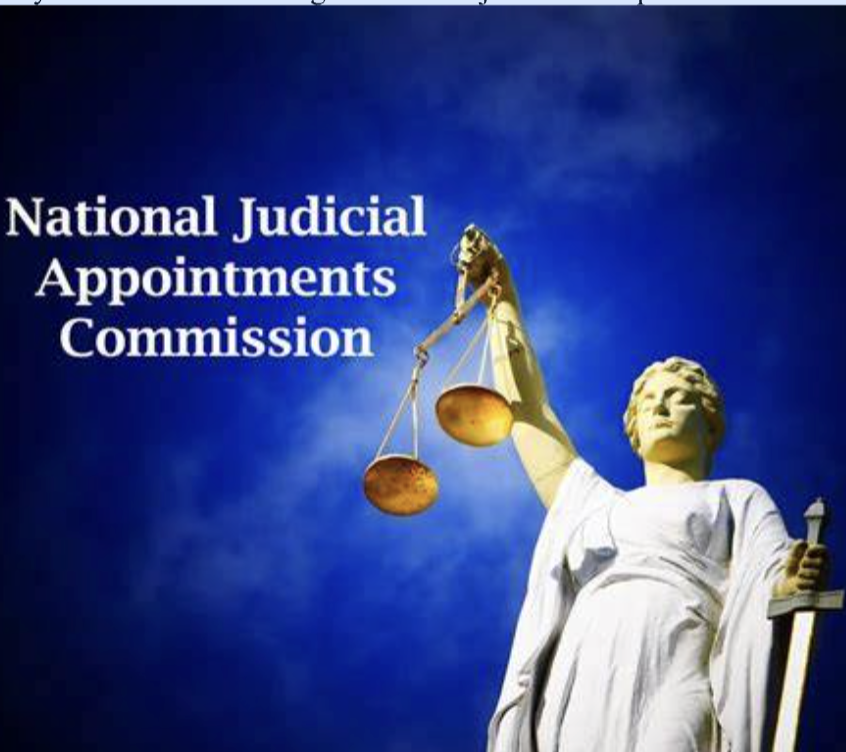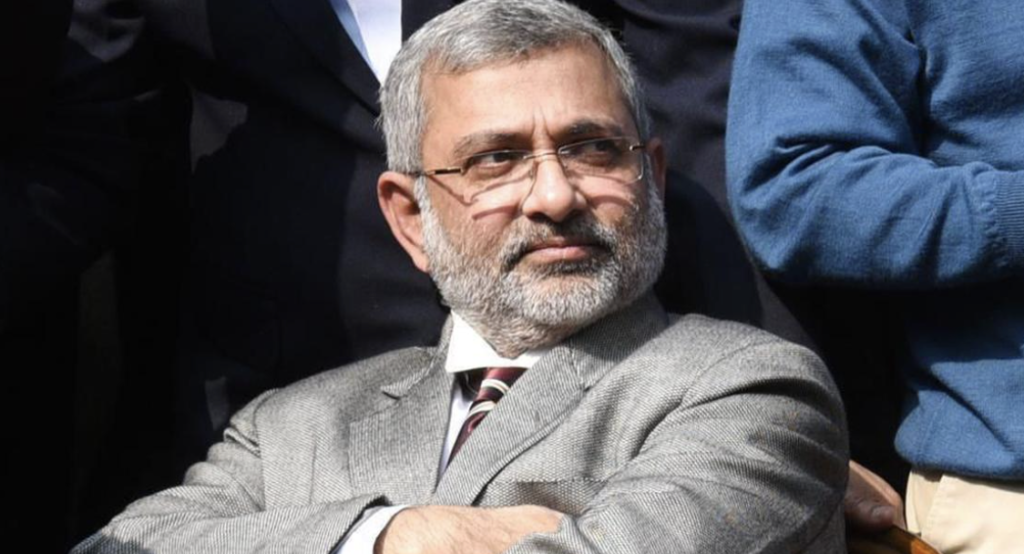
The Debate Over Judicial Appointments in India: Examining the Collegium System and the NJAC Decision
Background on the NJAC decision\
The National Judicial Appointments Commission (NJAC) was a proposed organisation that would have been in charge of hiring, appointing, and transferring judges, attorneys, and other legal employees for the Indian federal government and all of its state governments. The NJAC was put out to take the place of the higher judiciary’s two-decade-old collegium method of appointing judges. However, in 2015, the Indian Supreme Court ruled that the NJAC was illegal.

The NJAC Act, 2014—which was designed to replace the collegium system—was invalidated by the Supreme Court. Prashant Bhushan and Ram Jethmalani, attorneys who represented the petitioners who were contesting NJAC, applauded the decision; nevertheless, it was challenged by other judges, attorneys, and activists including KK Venugopal, KTS Tulsi, and Jayaprakash Narayana. The NJAC ruling established judicial independence as a historic decision.
Justice Kurian Joseph’s press conference
Justice Kurian Joseph, a former Supreme Court justice, apologised for his judgement to
invalidate the NJAC in a news conference on January 12, 2018. He claimed that he thought the
NJAC would better safeguard the independence of the court, but he now feels that his choice was
a “missed opportunity.
“Justice Joseph stated in his remarks that the Supreme Court believed the memorandum of process for the nomination of justices was finished, but the government had not yet approved it. Justice Joseph explained in November 2018, following his retirement, that he had no regrets about the press conference and that it was a deliberate choice. But he admitted in May 2019 that he was starting to second-guess his choice in the NJAC case. Justice Joseph’s news conference was noteworthy since it was uncommon for a sitting or retired judge to express disagreement with a Supreme Court decision.

The impact of Justice Joseph’s comments
Justice Joseph’s remarks had a big effect on the legal profession and the general public. Here are
a few possible effects:
Collegium system under further scrutiny: Justice Joseph’s remarks drew fresh focus to the
institution’s shortcomings. Legal authorities asserted that system reform was necessary to
guarantee better accountability and openness. Justice Joseph’s remarks revived the discussion
about the NJAC ruling and whether it was the appropriate choice.
While some legal professionals defended the collegium system, some claimed that the NJAC would have been a better way for choosing judges. People stopped to reflect on the importance of judicial
independence and the judiciary’s role in protecting it after hearing Justice Joseph’s words. Public
perception: Justice Joseph’s comments may have had an effect on the public’s perception of the
judiciary.
After hearing a former judge express sorrow over a ruling, some members of the public might have lost faith in the judicial system. Justice Joseph’s remarks could have had an impact on future choices regarding the selection of judges. Some legal professionals contended that his remarks might prompt adjustments to the appointment procedure or a review of the NJAC’s judgement. In general, Justice Joseph’s remarks had a considerable impact on the legal profession and the general public, provoking thought and discussion about the process of choosing judges and the value of judicial independence.

Reactions from other legal experts
Justice Joseph’s comments received a range of reactions from other legal experts. Here are some
of the notable responses:
Prashant Bhushan, a senior lawyer and activist, praised Justice Joseph for speaking out
and said that the collegium system needed to be reformed.
KK Venugopal, the current Attorney General of India, criticised Justice Joseph’s
comments and defended the collegium system.
Ram Jethmalani, a senior lawyer and former Union Law Minister, expressed support for
Justice Joseph’s comments and said that the NJAC would have been a better system for
appointing judges.
KTS Tulsi, a senior lawyer and Member of Parliament, criticised Justice Joseph’s
comments and said that the collegium system was the best option for appointing judge.
Jayaprakash Narayana, a political activist and founder of the Lok Satta Party, expressed
support for Justice Joseph’s comments and said that the collegium system was flawed.
Legal professionals had a variety of responses to Justice Joseph’s remarks overall, with some
endorsing his viewpoints and others defending the collegium system. The responses emphasised
both the significance of judicial independence and the ongoing discussion over the optimal
method for choosing judges.







